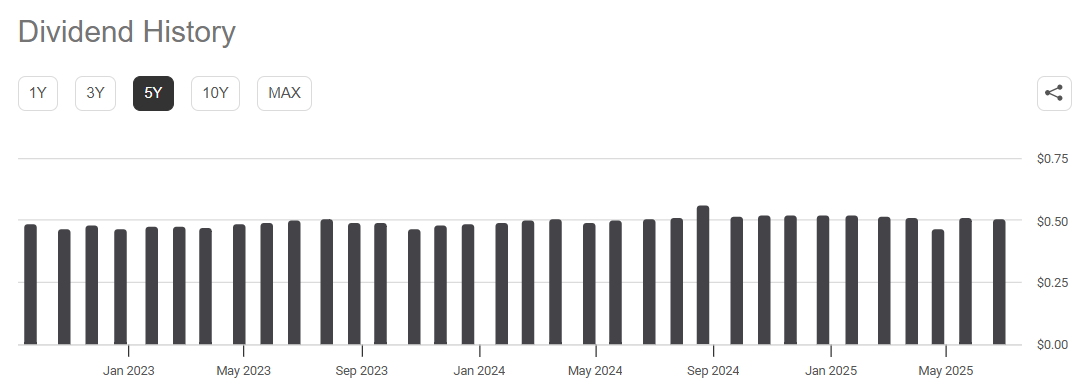The Big Problem With Trading
- Subscribe to my YouTube Channel HERE.
Despite the title of this Newsletter, I love trading.
I've loved it since 2004.
But there's a huge problem with trading, and the question has haunted me for over a decade.
What if my trading system stops working?
What if I go all-in on a system and it goes down the toilet?
If it does fail, I'm dead. All of us traders are dead.
Because if our magical system magically self-destructs, how do we pay our bills? How do we retire? (Even though we shouldn't--but that's a topic for another time.)
How do we change our lives if our trading no longer works?
Here's an example.
David Bean is, in my opinion, one of the best trading systems creators out there. He is heavily-researched and puts out things he hopes will last.
And recently he gave out the free code for a Sunday Futures trading system.
It's diabolically simple and here's the Tradestation code that David gave out:
If Date>ELDate(1,1,2022)
and Dayofweek(date)=0
and time=1801
then buy next bar at market;
If time =900 then sell next bar at market;
All we have to do is buy the ES at 6:01 pm ET on Sunday and then sell it out the next morning at 9 am ET. What it's doing is exploiting the Sunday bullishness that exists overnight.
And does it work?
Here's the Report for 2025 on the ES:

That's fantastic. The win rate is high and the profit could be on a hypothetical $25k account. That's about 70% for the year so far. We can definitely pay the mortgage with that!
But then the voice comes back (like it does with all trading systems).
What about other years?
Let's take a look.
Here's that same system from 2022-2025:

Horrifying.
If we began in 2022, we're in big trouble.
The trading system that works great now doesn't work at all in another time period.
And our future depends on money always coming in.
But trading doesn't always bring money in.
And around and around we go.
Yes, we could optimize and add filters and do out-of-sample testing and do walk-forward testing.
The question doesn't go away, though.
There's always that doubt.
Now contrast that with income investing.
Let's say we invest in something easy and "safe" like SPYI.
Here are the distributions since SPYI came into existence:

Pretty consistent, right?
Could we make a plan for financial independence on that monthly income stream?
Do we ever have to worry about that sort of distribution pattern stopping?
With dividend stocks, yes, we still have to worry -- although the worry is much, much less than a trading system.
But with an ETF that makes its money via options trading?
That income stream probably isn't going away unless the options market goes away.
So, this is the big conundrum facing all of us.
We can make a lot of money with a trading system that's working. And some do produce profit for extended periods of time (like the PPP I talk about).
But a trading system's profits will almost never be consistent.
And they'll always be in doubt.
Is that okay?



